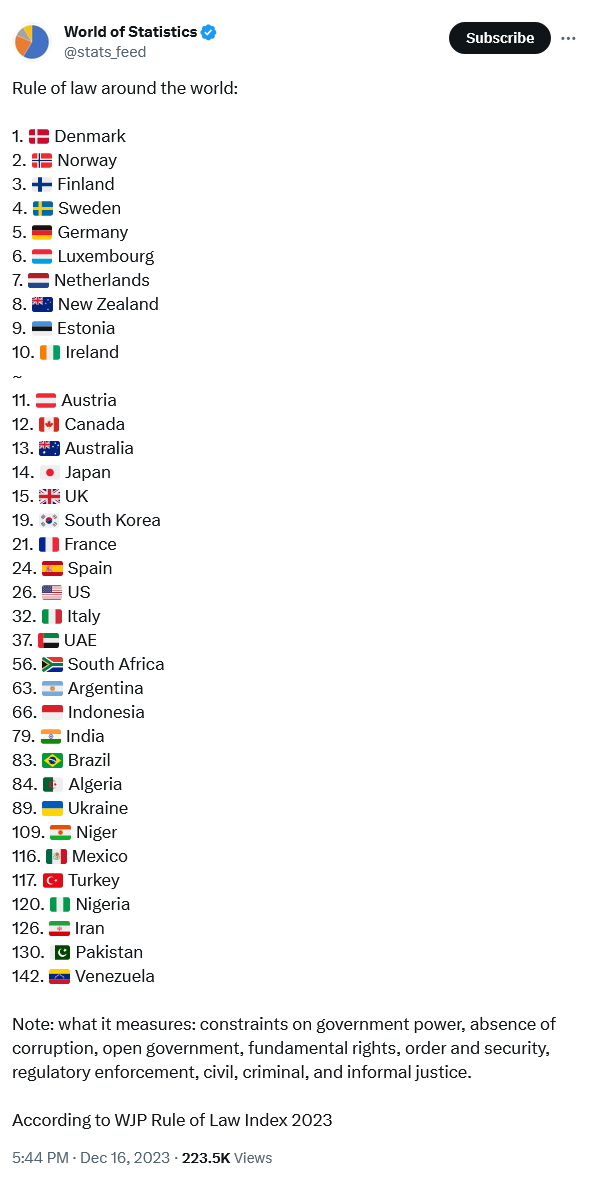Introduction to Surveillance: The article begins with a quote by William O. Douglas highlighting the erosion of privacy in the modern age. It discusses how surveillance methods like electronic surveillance interfere with privacy rights guaranteed under the Constitution of Pakistan.
Surveillance Laws in Pakistan: The article outlines the statutory framework governing surveillance and interception in Pakistan, dating back to the 19th century Telegraph Act. It discusses key legislation such as the Pakistan Telecommunication (Re-organization) Act, 1996, and the Investigation for Fair Trial Act, 2013, which regulate electronic surveillance.
Privacy Concerns: The piece delves into the constitutional implications of surveillance, emphasizing the violation of privacy and dignity rights protected under Article 14 of the Constitution of Pakistan. It cites cases where courts have declared surveillance illegal and unconstitutional, highlighting its impact on fundamental rights.
Legal Framework and Procedures: The article explains the legal process for electronic surveillance under the Investigation for Fair Trial Act, 2013, including the role of authorized officers, the submission of reports, and the issuance of warrants by High Court judges.
International Obligations: It discusses Pakistan's international obligations regarding privacy rights, citing the Universal Declaration of Human Rights, the International Covenant on Civil and Political Rights, and the Convention on the Rights of the Child, which emphasize the protection of privacy.
Conclusion: The piece concludes by examining the balance between privacy and national security, highlighting the evolving nature of surveillance laws and their impact on fundamental rights. It emphasizes the importance of judicial oversight and adherence to international obligations in safeguarding citizens' privacy rights.
Keywords: Surveillance, Electronic Surveillance, Privacy Rights, Constitutional Implications, Surveillance Laws, Pakistan, Statutory Framework, Investigation for Fair Trial Act, International Obligations, Judicial Oversight.
Balancing Privacy and Surveillance: A Legal Overview in Pakistan












